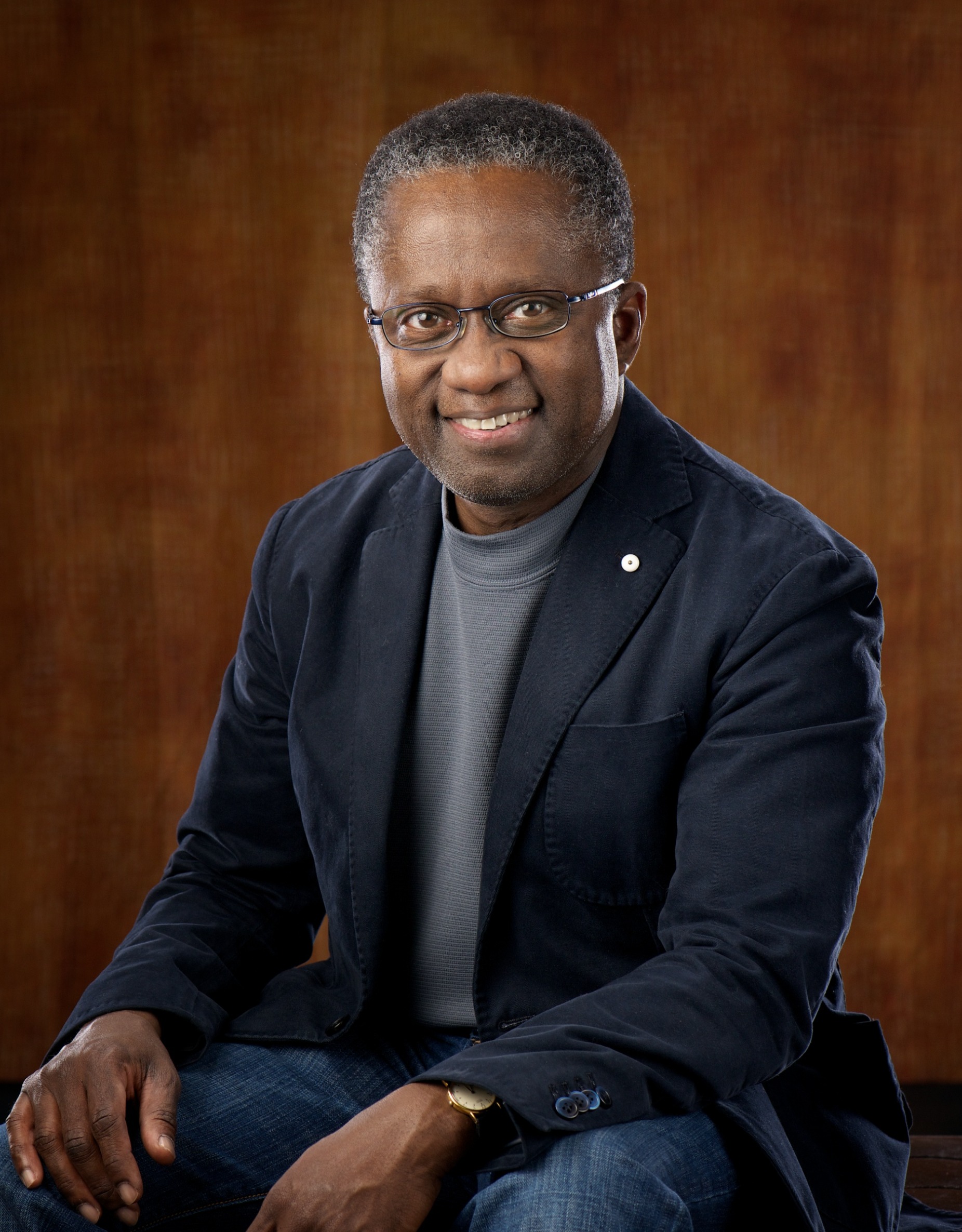The Price of "Measuring Up": Finding Freedom in Simplicity and Financial Discipline
- RenwickRocks

- Dec 16, 2024
- 4 min read
"Money, get away. Get a good job with more pay, and you're okay."—Pink Floyd
The haunting riffs of Pink Floyd’s Money underscore an unsettling truth about modern life: our society’s obsession with consumption, status, and the illusion of success. The pursuit of financial prestige—what we earn, drive, and display—often enslaves us to a cycle of debt, worry, and dissatisfaction. As Proverbs 22:7 warns, “The borrower is slave to the lender.” When debt is misused, it doesn’t just shackle our wallets; it enslaves our minds and compromises our dreams.

Photo Courtesy of Wix Media
But the antidote exists: simplicity, discipline, and a redefinition of wealth. These principles, supported by the wisdom of financial giants like Dave Ramsey, Thomas Stanley, and BlackRock, guide us toward freedom and fulfillment.
The Chains of Consumerism
Imagine a life where your joy depends on flashing a logo, booking an Instagram-worthy vacation, or upgrading to the latest car. This consumerist mindset—celebrated and normalized—whispers that you are only as valuable as the things you own. But this pursuit often leads to financial ruin. Thomas Stanley’s The Millionaire Mind reminds us that the truly wealthy focus less on appearing rich and more on cultivating the habits that create lasting wealth: frugality, hard work, and intentional spending.
Debt, when mishandled, transforms from a tool into a tyrant. High-interest consumer debt, like credit cards and loans for luxury items, undermines the disciplined practices necessary for long-term success. BlackRock’s Investor Pulse reports that Americans, burdened by debt, save significantly less for retirement than recommended. It’s not just a financial misstep—it’s a systemic failure to prioritize delayed gratification over instant indulgence.
Breaking Free: Lessons from the Debt Snowball
Dave Ramsey’s Debt Snowball Method offers a simple yet effective framework for eliminating debt:
List your debts smallest to largest.
Pay off the smallest debt while making minimum payments on the others.
Roll the money used for the paid-off debt into the next one, creating momentum.
It’s not just about numbers; it’s about regaining control. The process teaches discipline, builds confidence, and empowers individuals to focus on their ultimate financial goals instead of short-term desires.
Consider a young couple, drowning in credit card debt from lavish vacations and a car they couldn’t afford. Through Ramsey’s approach, they didn’t only pay off their debts—they gained the ability to save for a modest home, fund their children’s education, and retire with peace of mind. The journey was slow but rewarding, proving that "money, so they say, is the root of all evil today," only if misused.
Reimagining the Good Life
So, what does wealth really look like? It isn’t defined by flashy cars or designer clothes. The happiest lives, according to Stanley, are often the quiet ones: preparing wholesome meals at home, hosting friends in a cozy living room, driving a dependable car, and taking simple yet meaningful vacations.
Even major investment firms like Prudential emphasize this: building financial security is less about earning more and more about managing what you have. They recommend a disciplined approach to savings, diversification, and spending only on what brings genuine value to your life. Contentment, they argue, isn’t about owning more but needing less.
The Joy of Simplicity
Imagine a weekend retreat not in an exotic locale, but at a lakeside cabin, surrounded by laughter and loved ones. Picture a home-cooked meal, shared with friends, where the aroma of roasted vegetables fills the air. These moments of simplicity, though modest, are profound.
Studies from the American Psychological Association show that individuals who focus on experiences rather than material goods report higher levels of happiness and well-being. Meaningful connections, purposeful living, and gratitude bring fulfillment that money cannot buy.
Practical Steps Toward Financial Freedom
Live Within Your Means: Create a budget, track spending, and resist the temptation of credit cards.
Cultivate Gratitude: Focus on the abundance already in your life. As Marcus Aurelius wrote, “Very little is needed to make a happy life.”
Invest Wisely: Follow BlackRock’s advice to make systematic investments and diversify your portfolio.
Find Joy in Frugality: Host game nights instead of expensive dinners, and explore affordable travel options.
Redefine Success: Replace the desire to “measure up” with the goal of showing up—authentically and intentionally—in your own life.
Wealth Beyond Dollars
“The things you own end up owning you,” Brad Pitt’s character famously says in Fight Club. The irony of consumption is that we chase possessions, hoping they’ll liberate us, but they often entangle us further. True wealth isn’t found in a bank balance or a brand; it’s in the freedom to live according to your values, unencumbered by debt and societal expectations.
As you move forward, embrace the wisdom of Pink Floyd, Stanley, and Ramsey. Let your life’s soundtrack be less about the clinking of coins and more about the laughter of friends, the peace of financial stability, and the joy of knowing you are free. For in simplicity lies not just survival, but boundless fulfillment.
Trained as an economist, Renwick Brutus emigrated to the United States as a young man, earned his MBA at Fordham University and spent the following decade working on Wall Street where he was widely acknowledged for his contributions in the financial services industry. Now operating between Michigan, Florida and Hawaii, Renwick owns multiple companies, consults with an impressive list of client organizations, utilizing a unique blend of business strategy and wisdom to help individuals prosper and companies grow. You may reach him here.







Comments